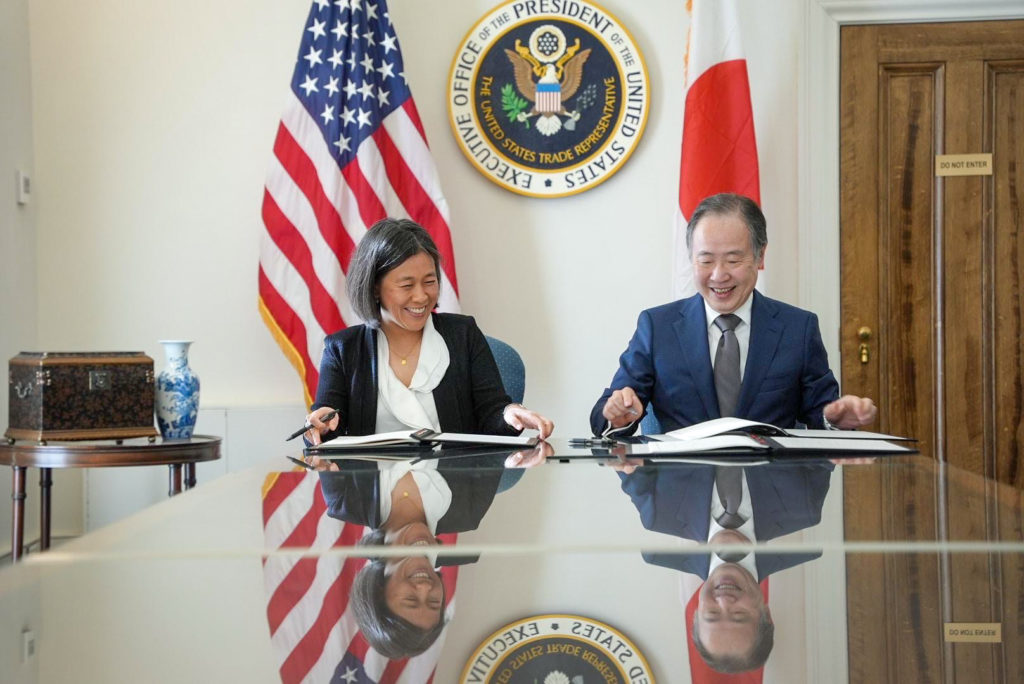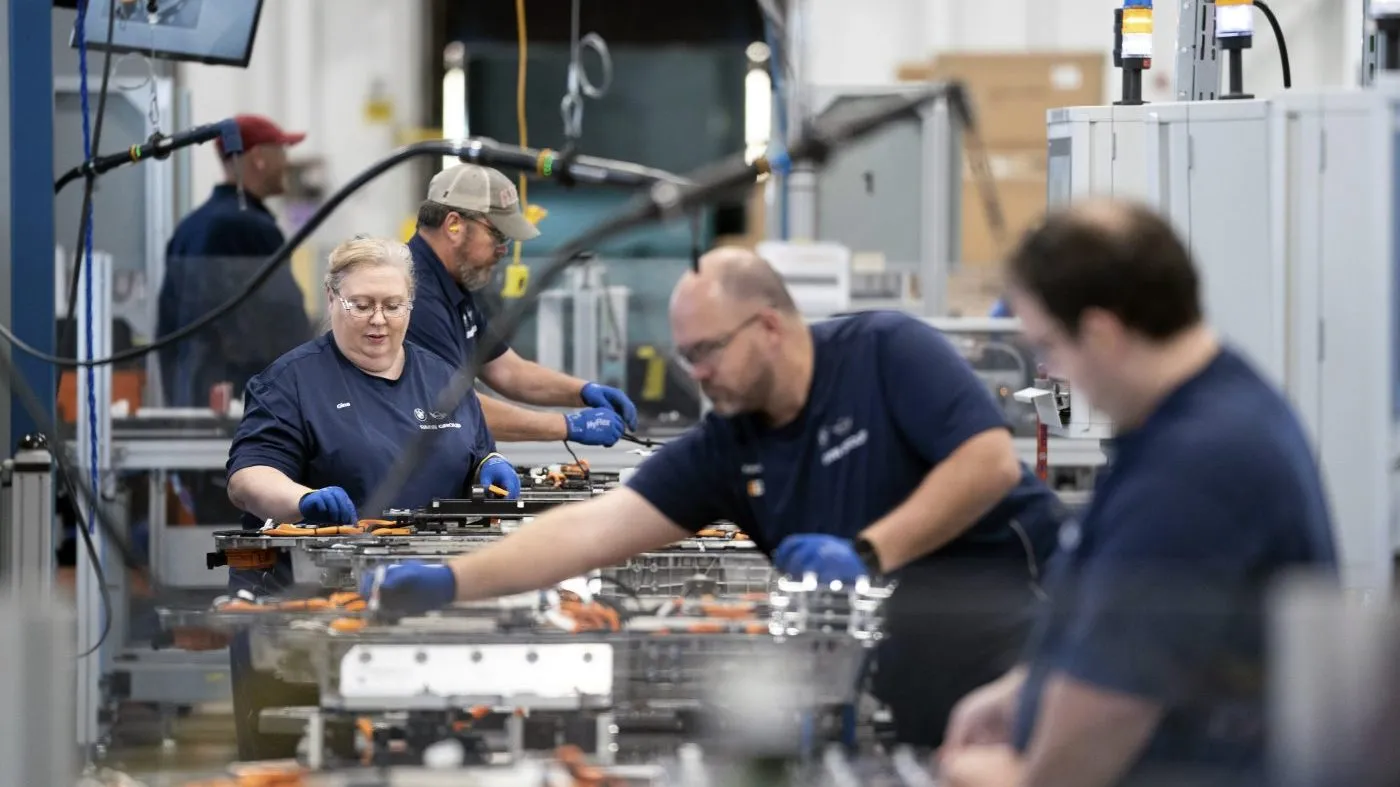Japan and the United States have reached an agreement on the trade of critical minerals for electric vehicle batteries, aiming to secure supplies of strategically important resources.
The deal, set to be signed later Tuesday, is expected to enable electric vehicles using metals processed in Japan to qualify for tax incentives under President Joe Biden’s Inflation Reduction Act. Japan’s Cabinet endorsed the agreement on Tuesday.
Enacted in August, the Inflation Reduction Act includes a tax credit of up to $7,500 for purchasing an electric vehicle, provided a portion of the critical minerals used in their batteries is mined or processed domestically or from countries with which the U.S. has free trade agreements.
Currently, Japan and the U.S. do not have such an FTA.
Japan and European countries had protested their exclusion from the American Clean Vehicle Credit program under the law.
The deal, to be signed in Washington by U.S. Trade Representative Katherine Tai and Japan’s ambassador to the U.S., Koji Tomita, will grant Japan the same treatment as an FTA partner concerning these minerals, according to Japanese officials.

This agreement also includes a pledge not to impose export duties on trade in lithium, cobalt, manganese, nickel, and graphite—all strategically important minerals—benefiting Japanese automakers and companies like Panasonic, a major battery manufacturer.
“As we expect a significant increase in demand for EV batteries going forward, securing critical minerals indispensable for their production is a pressing task,” Foreign Minister Yoshimasa Hayashi told reporters.
“The deal aims to establish resilient supply chains through cooperation between Japan and the United States, as well as like-minded countries, by strengthening cooperation to secure sustainable and fair supply chains for those critical minerals,” he said.
The U.S. government seeks to ensure a stable, secure supply of lithium and other materials needed for EV batteries, heat pumps, and large-capacity batteries for the electric grid.
Most of the global lithium production comes from China, Australia, Argentina, and Chile, while Russia dominates the global nickel market, and the Democratic Republic of Congo is the world’s largest cobalt producer.
“This announcement is proof of President Biden’s commitment to building resilient and secure supply chains,” U.S. Trade Representative Katherine Tai said in a statement.
Tai noted that the U.S. “would continue to work with our allies and partners to strengthen supply chains for critical minerals, including through the Inflation Reduction Act.”







Leave a Reply